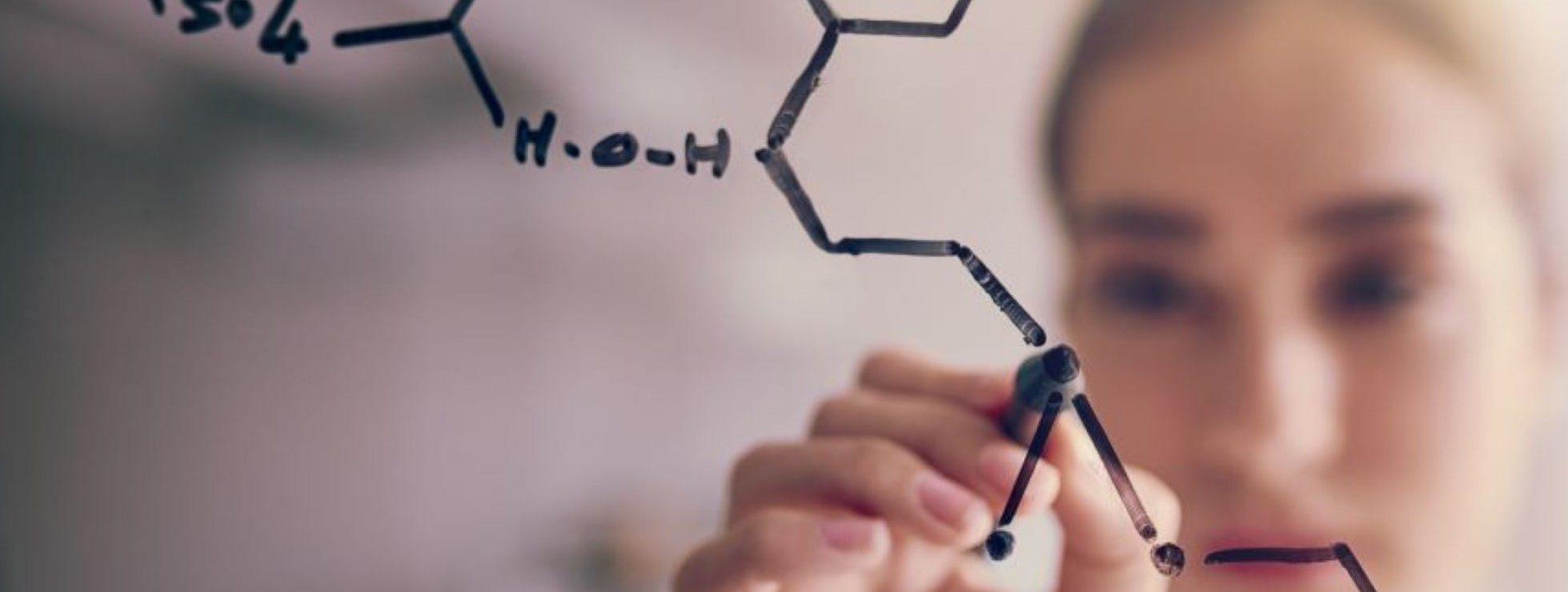Mouse vs. Machine: How Artificial Intelligence is Changing Animal Testing
Can animal testing be replaced by artificial intelligence? Recent research suggests it could. The National Center for Toxicological Research (NCTR) has published a report that shows great potential for high-quality gene profiles replacing experimental testing on animals.
Dr. Weida Tong is the Director of NCTR’s Division of Bioinformatics and Biostatistics, founder of the Arkansas Bioinformatics Consortium and a lead researcher at the FDA. In his recent case study, Dr. Tong and his team are using artificial intelligence to generate genome profiles, a process that they refer to as the Tox-GAN model. Toxicogenomics is the collection, interpretation and storage of information about gene and protein activity within particular cells or tissues of an organism in response to toxic substances.
Instead of conducting experiments on animals, Dr. Tong and his team are using existing data. They found over 87% agreement in gene attributes between the Tox-GAN results and real gene expression data. Their results showed that the Tox-GAN model has a significant ability to generate toxicogenomic profiles at different treatment levels using chemical structures.
There’s still a lot of work to do in this field, said ASG’s chemical engineer, Rylan Wolfe. This kind of research is an example of the ongoing effort to move away from animal testing while maintaining patient safety. Dr. Tong’s recent development of toxicogenomic profiles suggests the solutions that experts have been working toward to reduce animal testing while working to provide reliable, sustainable care for patients.





